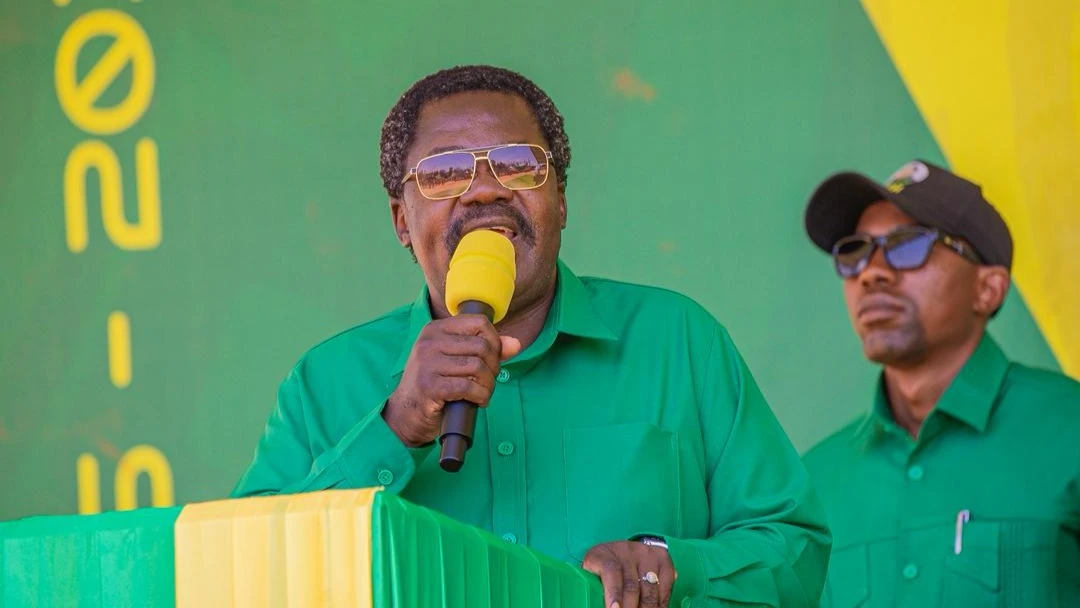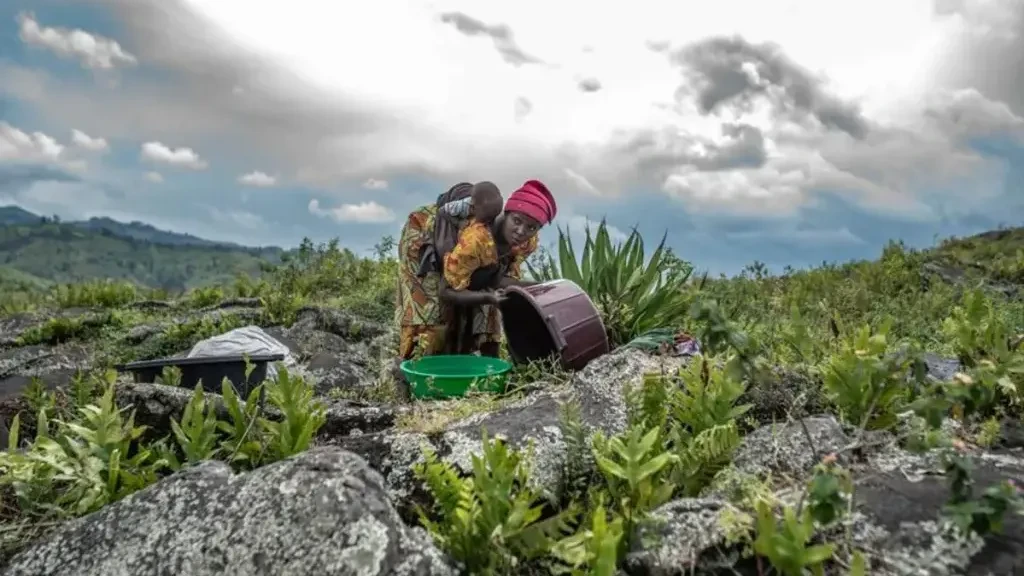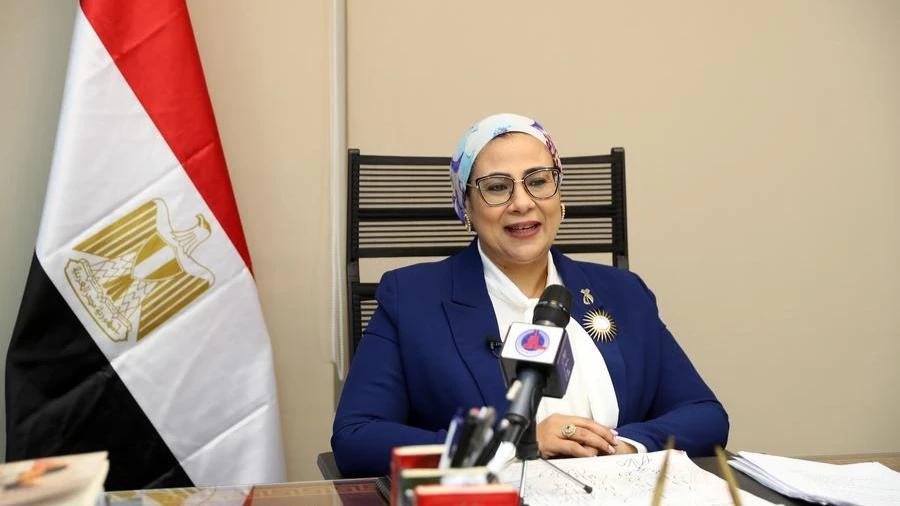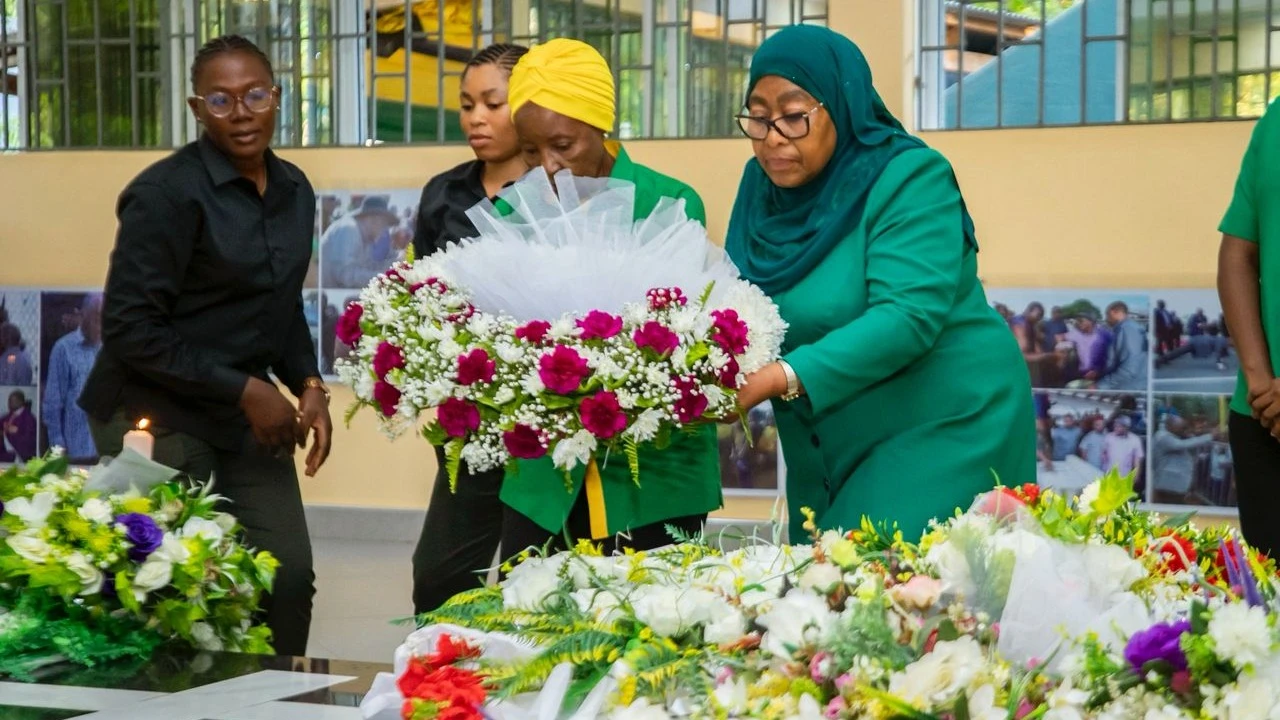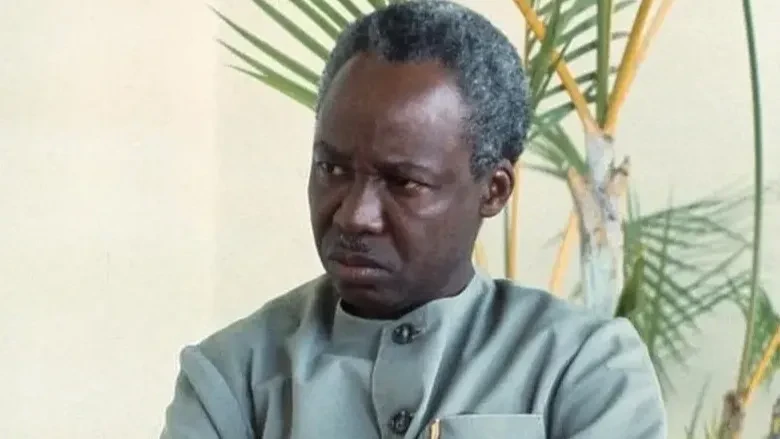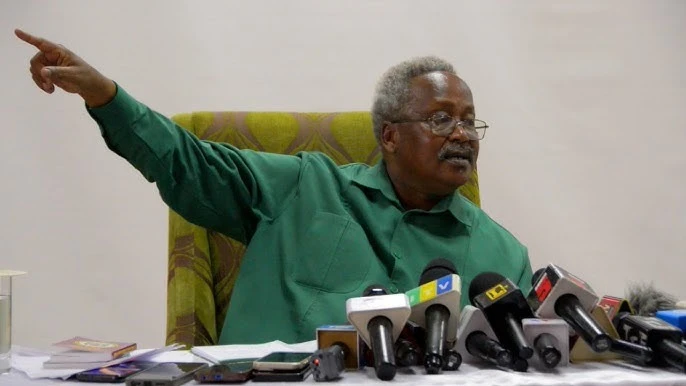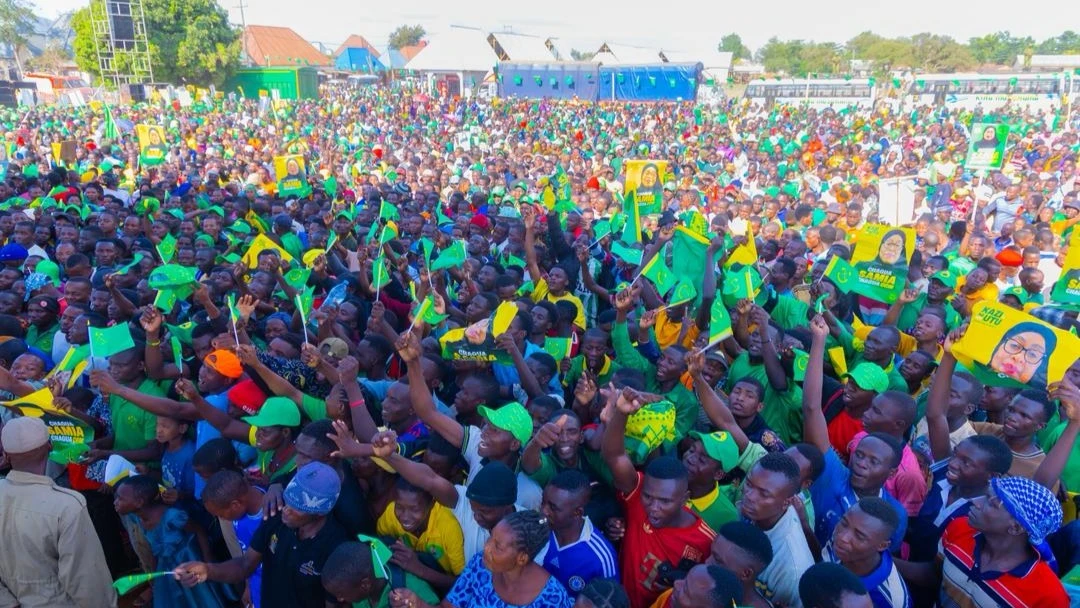26 years since Nyerere: Fighting corruption cardinal to his legacy
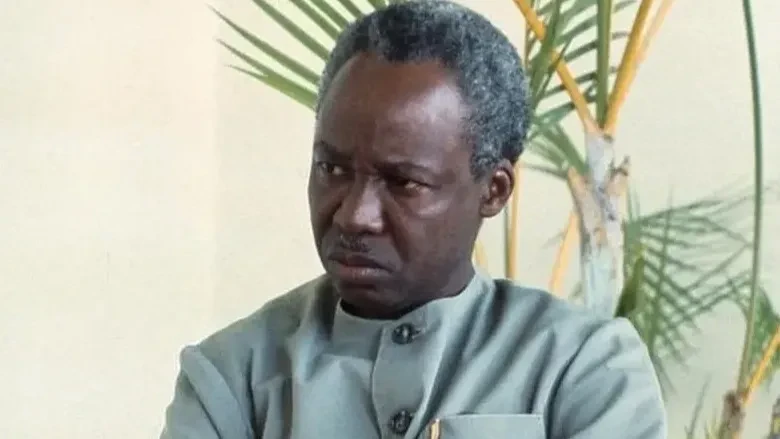
STERN warnings against corruption remain especially relevant ahead of the October 29 general election as Tanzania commemorates 26 years since Mwalimu Julius Kambarage Nyerere breathed his last.
During his 24 years of leadership from independence in late 1961 to his departure from office in late 1985, Nyerere consistently identified corruption as an unacceptable facet of governance, asking the ruling party to nominate leaders for office who were not tainted by corruption.
In the days he resigned from the government early 1962 before Tanganyika became a republic, Nyerere spoke out against corruption, a point of concern he had raised as a member of the Tanganyika Legislative Council. Once when addressing the chamber in the annual budget debate, he declared that corruption is a major threat to the welfare of the people, arguing it should be treated with the same severity as war.
“I think corruption should be treated ruthlessly because it is a greater enemy to the welfare of the people in peacetime than war,” he said. In a March 1984 speech to judges, Nyerere acknowledged that corruption and immorality were already widespread, undermining justice and equality before the law.
He attributed the problem to poverty, low education, weak oversight and poor governance. In a 1995 address, he warned that corruption could fracture society and destabilize national structures.
Nyerere famously remarked, “You cannot buy justice…justice is not bought… corruption in Tanzania these days has no shame.” He emphasized that corruption had become brazen and affected citizens’ fundamental rights, noting that governments failing to administer taxes fairly were also complicit in the crime.
Although critics argued that he did not fully control graft during his tenure, Nyerere insisted in his Labour Day address in 1995 that strict legal action was taken against offenders. During his presidency, Nyerere enacted strict laws to combat corruption, envisioning penalties such as prison sentences and corporal punishment for convicted offenders. He also stressed ethical leadership, insisting that leaders must serve as exemplary role models and maintain integrity, moral cleanliness and fairness in governance.
Nyerere was especially critical of electoral corruption. He warned that leaders who buy votes cannot truly serve citizens and will instead focus on recouping their investment. “Leadership is not business; it is service. A person who buys votes to be elected cannot serve the people; he will rule them by reclaiming the cost of the votes he bought,” he said in 1995. He also condemned internal party corruption, emphasizing that a true leader is elected on merit, not bribery. “If you sell your vote to someone, you have given him the right to rule you as a slave,” he warned.
Despite these warnings and the legal measures established, corruption remains a vast challenge, reported from primary nominations in the ruling party in particular, for the parliamentary polls in the October 29 general election. Crispin Chalamila, the Prevention and Combating of Corruption Bureau (PCCB) director-general, spoke of numerous corruption incidents during the primary nomination process, while the campaigns are proceeding more smoothly.
He acknowledged that some reports during the primaries were inaccurate, often used by candidates to tarnish rivals. “During the primary process, with over 40 aspirants in one constituency, many often employ tactics to discredit their competitors. Many accusations turn out to be false upon investigation,” he explained.
Despite relative calm, PCCB was monitoring the process closely to ensure voters select clean candidates on October 29. The agency is also providing public training to equip citizens with the knowledge to combat electoral corruption effectively.
The National Elections Act No. 1 of 1985 addresses electoral corruption. Section 115 penalizes bribery, treating, or undue influence with a fine of up to 0.5m/- or imprisonment for up to five years, or both. Section 112 imposes imprisonment for up to five years on anyone found influencing or buying a candidate to withdraw from an election, he stated. Joseph Mwaiswelo, the PCCB director of public education, said the agency’s training sessions aim to create educated, self-aware and patriotic citizens who can reject corruption and educate others.
“Preventing and combating corruption requires regular public participation, not just on polling day,” he said, emphasizing the importance of civic engagement. As Tanzania heads to the polls, Nyerere’s legacy serves as a reminder of the enduring importance of integrity, ethical leadership and citizen vigilance in preserving Tanzania , he added.
Top Headlines
© 2025 IPPMEDIA.COM. ALL RIGHTS RESERVED









